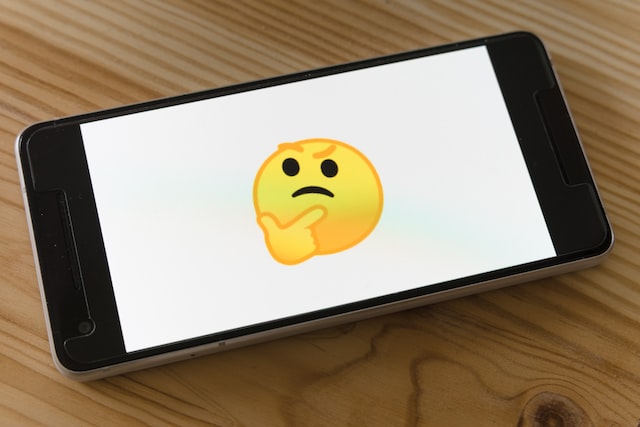Many years ago, another mom, whom I will call Clare, and I were discussing how much of our child’s disability to share with other people.
It’s a given we have to share it with doctors and even schools because it helps with treatment. Even then, we don’t really need to share everything. However, it’s in the best interest of our children if providers have an accurate picture of them. So it makes sense to be as open about the condition as possible. But what about family, friends, and even strangers? How much do we share with them?
In my case, my son’s disability is very obvious. Everyone knows he has a disability without me saying anything. We have no choice in his situation.
My daughter’s story
But I also have a daughter who used to have epilepsy when she was younger. In her case, no one knew she had a disability by looking at her. How did I handle her situation?
When I first received her diagnosis, I instinctively wanted to share it with everyone. My thinking was, if everyone knew then we could all work together to keep her safe. But that was more about my fears, not hers. Her fears were about fitting in and not being different.
So I struggled with what to do. Do I tell people she had epilepsy? Or do I protect her privacy.
In the end, I decided to go with a need-to-know basis. This meant some people, like her babysitters, needed to know. But other’s, like her friends or classmates, didn’t. Unless she had a seizure in front of them. Then they needed to know.
But above all, I tried to be mindful of her feelings before I shared her diagnosis with anyone.
My story
But it wasn’t just her story. It’s mine as well.
After all, how many times had I watched her seizing? And each and every time it affected me.
How often did I hold her in my arms and wish I could somehow take them all away? But I couldn’t.
How many blood draws did I have to watch? Seeing her bravely hold out her little arm for the doctor to draw the blood. And how many times did I kiss the boo boo away when it was done?
How often did I anxiously await the test results? Unable to breathe until I knew everything was in the normal range.
How many times did I grapple with guilt about her anti-seizure medications after hearing all the side effects? I was afraid of the harm it may be doing to her growing body.
How many times did I have to answer her questions and try to normalize her seizures?
How often did I have to push aside my feelings to be strong for my baby girl?
In short, her disability consumed my world both physically and emotionally.
So, yeah, this was also my story and I can’t deny that part of it. The trick is finding out how to tell my part without spoiling hers. Because as painful as it was for me to watch it, she had to survive it.
Our decision
Knowing all this, Clare and I agreed how much you share depends on you and your child. But there is no one perfect answer that fits all families.
I still adhere to the need-to-know rule. Although it looks differently for both my kids. For my son, I never ask permission to share his story because he doesn’t have the mental capacity to understand that question. So I make those decisions for him and he doesn’t seem bothered by it.
For my daughter, I always ask. Even for this post, I got her permission first.
As for Clare, her child was very young at the time and she decided not to share any spoilers. Instead, she wanted her daughter to share her story when and if she wants to. Until then Clare wasn’t going to share any part of it.

Thank you for putting this into words! I’ve felt guilty so often for my emotions because I wasn’t the one actually going through all of the things. Yet, I was the one helplessly watching my child hurt and be hurt.
I’m glad this post was helpful. Thank you for taking the time to let me know, I appreciate it!